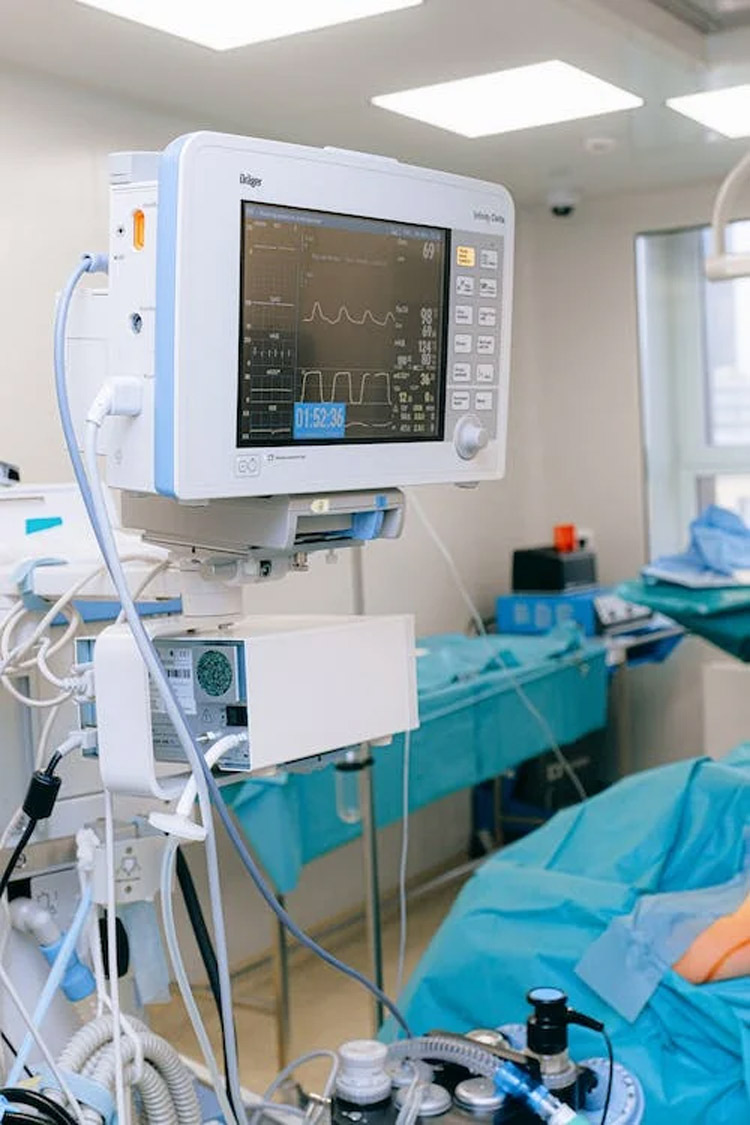
This post provides detailed information on the neurology nurse practitioner job description, including the duties, tasks, and responsibilities they typically perform.
It also highlights the major requirements you may be expected to fulfill to be hired for the neurology nurse practitioner role.
What Does a Neurology Nurse Practitioner Do?
Neurology nursing is a nursing specialty that involves the assessing, diagnosing, and management of neurological disorders and complexities like aneurysms, brain injuries, seizures, stroke, trauma, epilepsy, and Parkinson’s disease.
Neurology nurse practitioners are an advanced practice registered nurses, or APRNs, whose broad field of practices includes physician functions.
A good number of them train in primary care, but some choose to specialize in areas such as neurosurgery or neuroscience.
A neurological NP must have a minimum of a master’s degree, national certification, and a license.
The neurology nurse practitioner job description entails carrying out duties including diagnosing, treating, managing, and giving prescription to patients undergoing spinal surgery, neurological or brain surgery.
Neurology nursing is wholly dedicated to fighting disorders and diseases of the human nervous system.
Most importantly named neuroscience nursing, this field requires detailed and extensive knowledge of the human neurological symptoms and functions, human anatomy, and the ability to distinguish subtle changes that can indicate a signal improvement or problem.
How to Become a Neurology Nurse Practitioner
To become a neurology nurse practitioner, a new graduate RN might begin gathering experience in a clinic, physician’s office, or general medical-surgical unit.
In every case, his/her duties could vary a bit. For instance, nurses who work in a hospital are more likely to be responsible for sophisticated equipment and to administer more medications on a daily basis than a nurse in a doctor’s office or clinic.
He/she might begin his/her career in a neuroscience unit; she would need more experience before working in a neuroscience rehabilitation unit or neurosurgical intensive unit.
Neuroscience is an ever progressive field. Many neurology nurses take continuing education courses and even recommend to other nurses in order to remain well-informed and keep their knowledge in the field current.
These programs are not just offered in conventional classroom settings, but may also be taken as distance-learning courses.
The two main primary types of certifications include stroke certified registered nurse (SCRN) and certified neuroscience registered nurse (CNRN).
You will need to pass the examination before you can get the certificate. To take the exam, you may be required to have some years of work experience in either an indirect or direct neuroscience nursing practice.
Neurology nurses can seek employment in intensive rehabilitation units, healthcare clinics, neurological departments in hospitals, and neurological wings in trauma centers.
Neurology Nurse Practitioner Job Description Example/Sample/Template
Neurology nurse practitioners perform various functions working with doctors to provide treatment and care to patients undergoing neurological surgery.
The job description of a neurology nurse practitioner consists majorly of the duties, tasks, and responsibilities shown below:
- Record patient’s medical information and vital signs in order to come up with an appropriate treatment plan
- Observe and report patients’ medical conditions
- Render counselling services to patients and their families, thereby improving their awareness of health issues
- Perform specific lab tests, medical screening procedures, and monitoring neurological examination
- Interpret laboratory data accurately
- Follow up on a patient’s medical condition and diagnostic test results, and report the required information to the physician
- Offer specialized pre and post-operative care to patients
- Conduct relevant research.
Neurology Nurse Practitioner Requirements – Skills, Abilities, and Knowledge for Career Success
If you are seeking to work as a neurology nurse practitioner, employers or recruiters would want to be sure you will be able to effectively carry out the obligations, purpose, and objectives of the role in their organization by asking you to meet certain requirements before being hired.
Here are major neurology nurse practitioner requirements you may be expected to fulfill:
- Possess Diploma, Associate, or Bachelor’s degree in Nursing
- Licensed according to the State’s law
- Possess knowledge specific to the area of practice
- Exceptional ability to communicate with patients, families, and other staff
- Strong ability to quickly assess and decide on a course of action during emergencies
- Possess compassion and interpersonal skills to establish a good relationship with patients
- Ability to communicate and build relationships with members of a team
- Possess outstanding time management and organizational skills.
Conclusion
If you are an employer seeking to hire for the neurology nurse practitioner role, the sample job description provided in this post will help you in writing a detailed description of the position to use in the recruitment process.
With a good description of the available neurology nurse job position, your chances of attracting the best qualified candidates to your organization are greater.
This post is also beneficial to you if you are interested in the neurology nurse practitioner career. You will learn all you need to know about the duties and responsibilities you may be assigned if hired as a neurology nurse, as well as the skills, abilities, and other qualities you need to have to succeed on the job.












